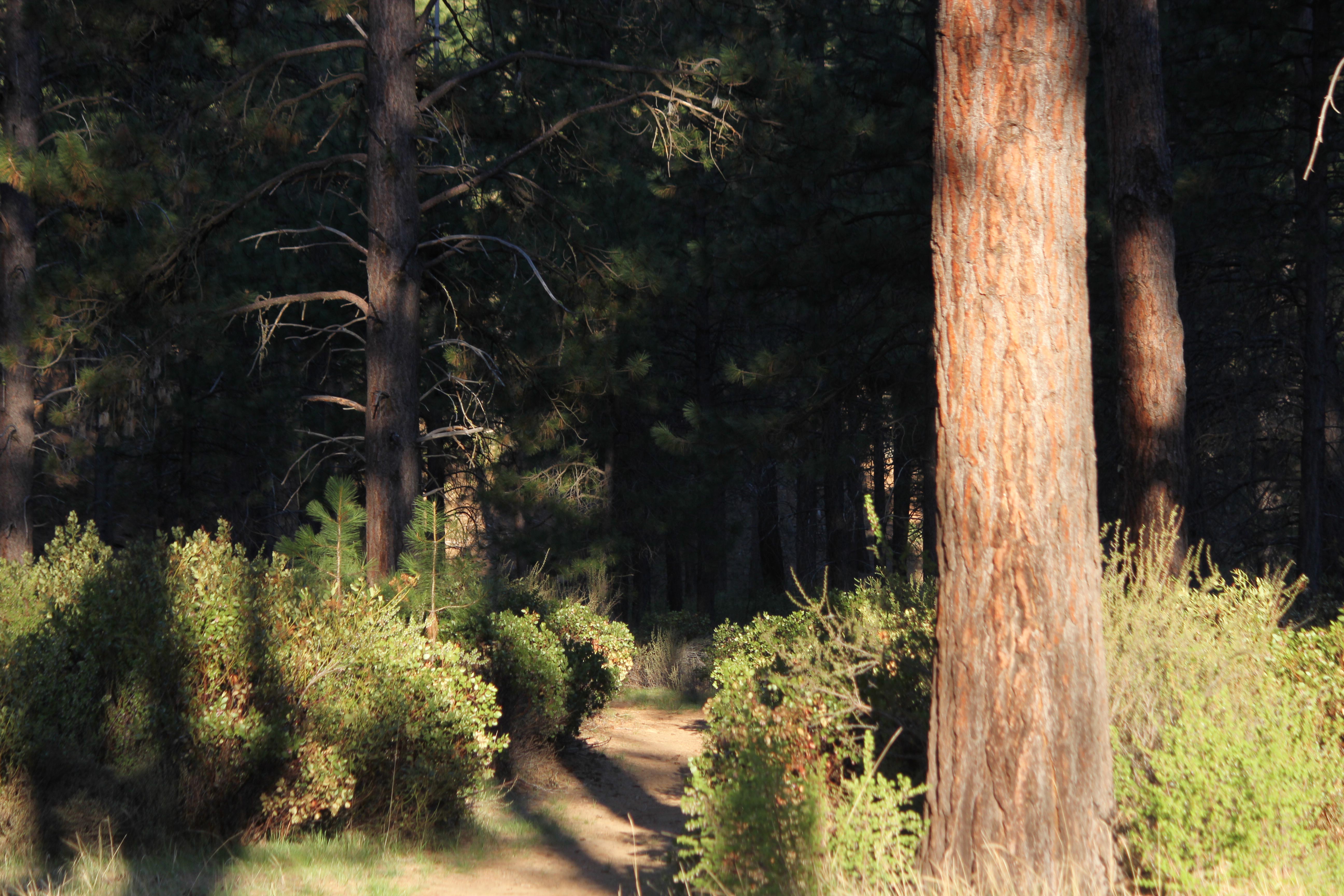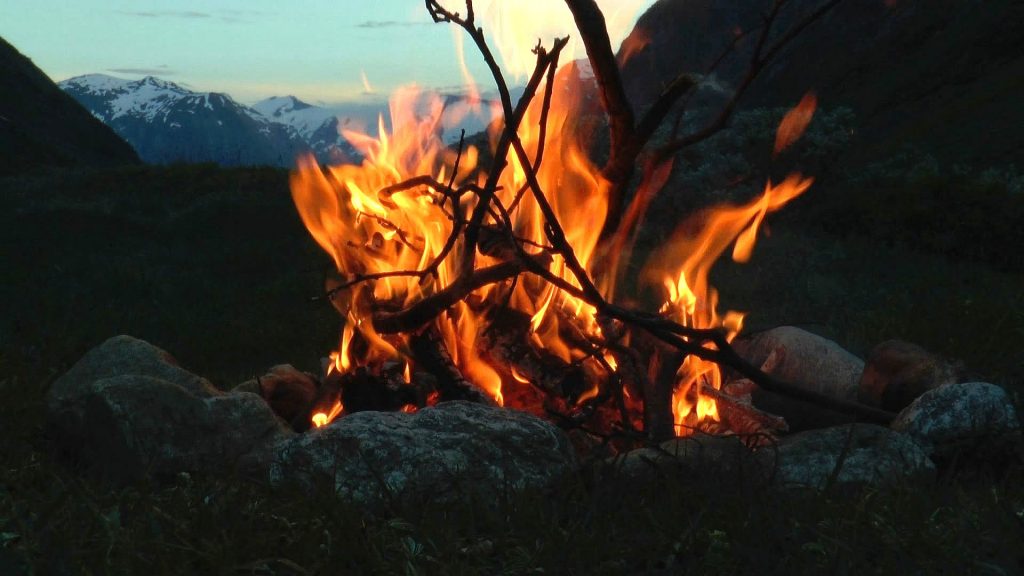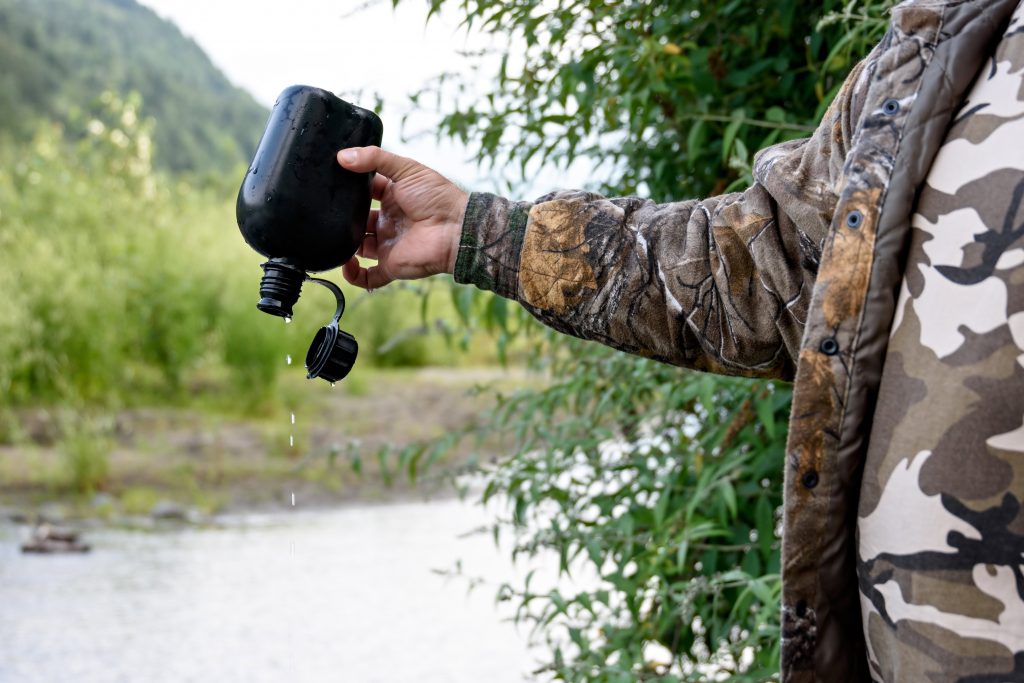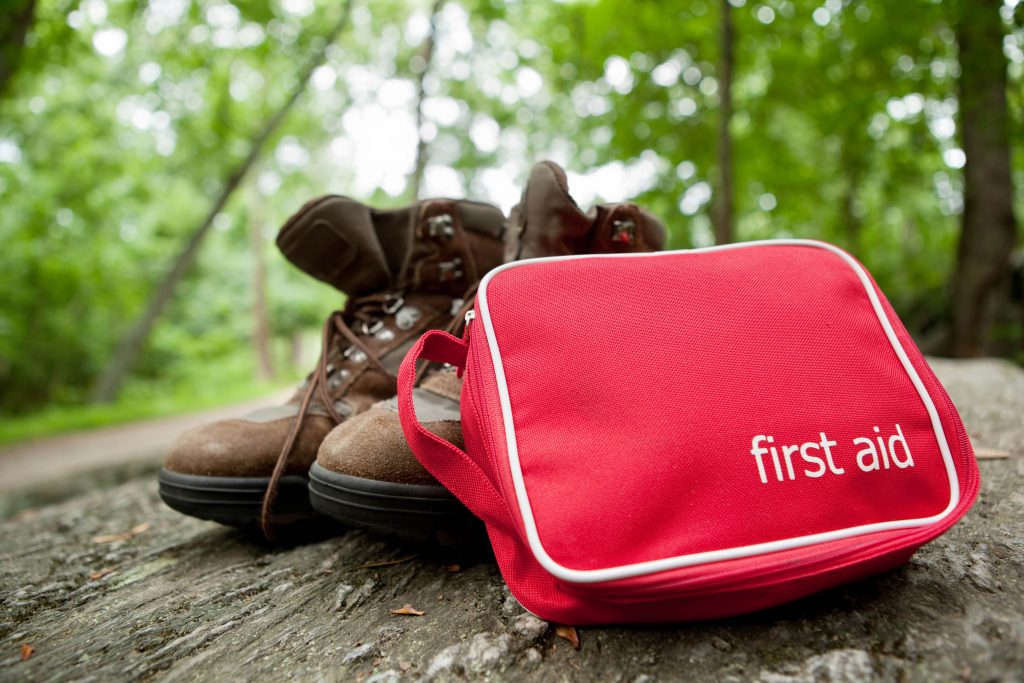Before You Go into the Woods: 6 Keys to Survival

October 1978; I remember it well since it was my first Colorado elk season. I had just turned 14 and was finally old enough to hunt big game in Colorado. I had finished deer season a week or so earlier without getting a shot, so I was looking forward to seeing an elk to shoot. We had been doing short drives through patches of timber all day with me as one of the watchers so I would get the best chance at a shot. Toward late afternoon, everyone else had been doing a lot of walking, so it was decided I needed to do my share and would be a walker on the next drive.
I Went off the Road, with No Plan
They dropped me off on a ridge and told me to head downhill and bear a little to my right and I would be sure to hit the road at the bottom where I would get picked up. I started down through the dark timber, scanning everywhere hoping to catch sight of an elk before they saw me. I headed downhill, bearing a little to the right every once in a while. After sometime, it dawned on me that I should be close to the road, but the road never showed up.
In My Quest to Locate an Elk, I Got Lost
After an hour or so, I knew I had somehow missed the road, and to top it off, a storm was quickly moving in. The wind picked up and it got darker and started sleeting. I was trying to decide if I should crawl under a tree and wait it out when the lightning started. Bolts started hitting the ridges around me, and the rain, snow, and sleet pelted down on me. I was afraid to get out of the weather because I didn’t want to get struck by lightning. I can admit now that all the water soaking my face wasn’t entirely from the rain.
Luckily, Someone Found Me
Finally, I decided it was time to shoot my three shots in the air. I picked an opening in the trees and pointed the muzzle up in the direction I had come from and fired off three quick shots. Then, I sort of stood by a tree that was blocking most of the weather. After half an hour, I shot three more shots, and within a couple minutes, my dad’s friend came busting through the trees and led me back to the road.
Be Prepared Before Going on a Hunting Trip
Scout the Area
My problem, it turned out, was that I didn’t know the area. If I went too far to my right, the road made a turn directly away from the direction I was heading. If I had known that information ahead of time, I would have known that I just missed the road. All I had to do was turn left and walk a couple hundred yards. At the time, all I had was a compass—no topography map in my possession. A bearing on a compass will only help so much. You need to know which direction to go if you run into trouble. Modern GPS is a godsend for many hunting situations but is sometimes blocked by mountains and hills.
Always study your proposed hunting area so you know where creeks and roads head to and which draws will head where.
Several years later, I shot a nice buck and wanted to take a shortcut back to my truck. I thought the draw I was in would curve around and hit the main valley where I was parked. After a couple hours of walking, I hit the highway and it was ten miles back to my truck. This time I knew where I was but just slightly misplaced. The point is you need to be informed and find out all you can about where you are going to hunt so there are no surprises.
Fire

When I got lost, I had the old water-resistant case (an empty 20-ga shot shell slid into an empty 12-ga) filled with strike-anywhere matches. If I had to, I might have been able to get a fire going with the toilet paper in my pocket, but in that sleet who knows. Nowadays, there is no reason you can’t have matches in a real waterproof case, along with some sort of tinder-like cotton balls soaked in petroleum jelly. I hit the woods with three separate fire-starting devices: matches, butane lighter, and a ferro rod or other flint-type fire starter. A survival whistle is a good thing to carry with you on your trip. They will carry matches, and some of them have a flint on the side, along with a compass and a load whistle, of course.
Shelter
If you get lost, don’t continue struggling on. If it is nearing dark be sure to stop and make sure you do your best to make a shelter for an overnight stay.
Exposure can kill you in a matter of hours if you don’t do anything to keep your body temperature near normal. When I was lost, I had nothing on me to use for shelter. I had a water-resistant blaze orange coat that did an ok job of shedding water but was getting soaked by the time I made it back to the road.
A dollar-store poncho is a cheap way to stay dry. You can also invest in an emergency blanket that can be used as a blanket, poncho, or even made into a shelter. The cheapest and easiest shelter is to carry a large black trash bag. Tear a hole in the bottom and you can stick your head through and wear it like a jacket. Tear it open at a corner and you can use the corner as a hood and have a poncho. Rip the sides open and you have a lightweight tarp for shelter building.
Water

A person can go a couple days without water, but it would sure be nice to not have to worry about water if you were lost. If you are not used to being out in nature, you most likely will want to drink more than you usually do. This is especially true of being at altitude in the mountains.
A pocket water straw is inexpensive and will allow you to drink from local water sources without worrying about all the little bugs that might get into your guts and make you feel miserable. As far as carrying water, I prefer a bota bag to a canteen, but that is a personal choice. With all the hydration systems on the market today, there is no reason for you to head into the woods without at least a basic supply of water.
Food
Knowing what you can eat from the local flora and fauna is something that is worth learning about.
The old standard hunter’s meal of sardines and chocolate bar has gotten many a hunter through their day over the years. If you are lost, it will take at least a couple weeks before you starve, so food is not a top priority. However, your mind and body will stay sharper if you can feed them.
There all sorts of lightweight meals that can be carried along in case of emergency. I am partial to MREs but I know a lot of folks who absolutely hate them. Choose your food well so that it has sufficient calories and is easy to carry without taking up too much space.
First-Aid Kit

A basic first-aid kit is another thing you should take with you, even if it is one of those glorified boxes of bandages. Just a couple bandages can make a huge difference to your comfort level, and the woods is not a place to need something and not have it.
It may be starting to sound like you will need to hire a porter to carry all this stuff, but everything should fit in a small pack, a corner of your current pack, or even distributed around various pockets. Nothing beats being prepared when heading into the woods. I hate spending unforeseen nights there, but if I have to I want to be prepared for it.
Article by Randy Augsburger
